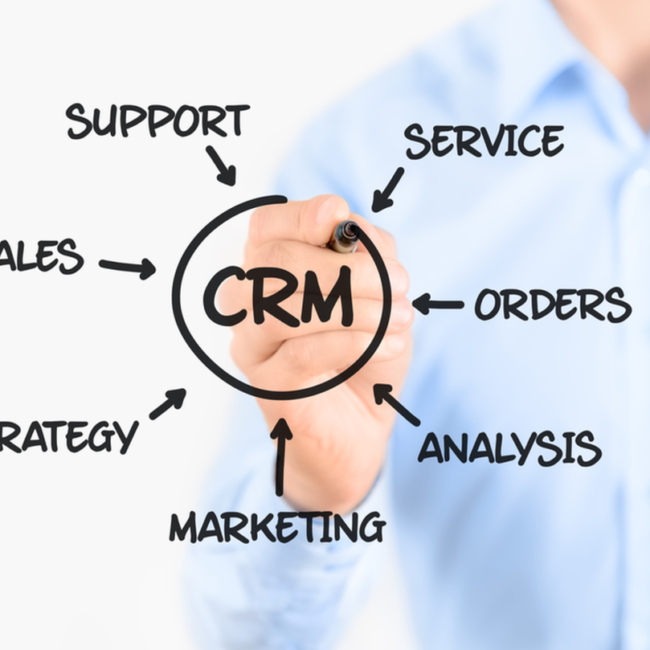
THE KEY FACTOR FOR A SUCCESSFUL ERP IMPLEMENTATION

THE KEY FACTORS FOR A SUCCESSFUL ERP IMPLEMENTATION
WHY IMPLEMENTATIONS FAIL
When an implementation project fails, it’s often because from the start there was a lack of communication within the company and objectives were not clearly defined.
Companies experience difficulties during an ERP implementation typically due to:
-
53% Poorly defined project requirements
-
41% Change their mind mid-project
-
21% Projects not adequately staffed
-
19% time spent waiting for decisions or communications
WHAT ARE THE CONSEQUENCES
Choosing to implement an ERP system is a major investment for the company, both in terms of time and money. When a project is not planned properly, the organization faces:
-
Missed Deadlines
-
Exceeded Budgets
-
Resistance to change
KEY SUCCESS FACTORS
Implementing an ERP system is a project that affects the entire company. To avoid overwhelming your resources with this change, you must ensure to have following steps in place.
-
A clear vision of management’s objectives
-
Well-defined processes
-
An appointed super user to help manage the change
-
Training for a higher adoption rate
-
A project broken down by phase
REACHING THE TOP
An ERP that has been properly implemented and that is adapted to the company’s needs improves collaboration, streamlines tasks and decreases IT and administrative costs to ensure a ROI
61.5% Non Human traffic and 38.5% Human traffic of the best-in-class companies have central visibility into the skill sets of available resources. The organization can then put the right people into the right places and maximize their value.
Get Started Today at www.emerging-alliance.com







